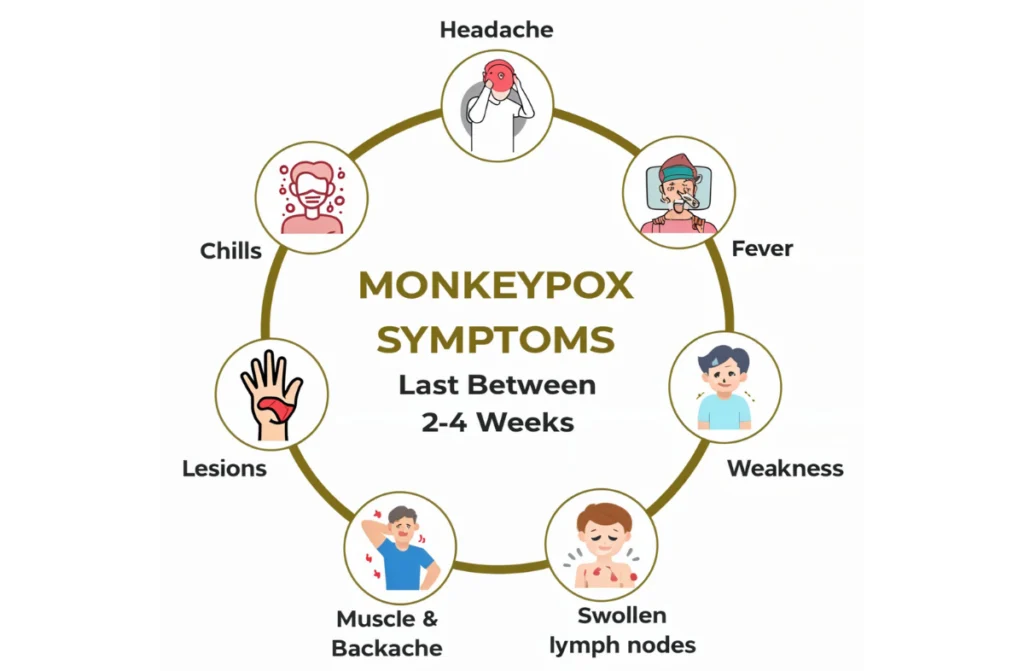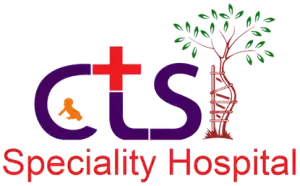Mpox, previously known as monkeypox, has become a growing health concern, leading many to seek effective mpox treatment in Chennai. This viral disease requires timely medical intervention to prevent complications. In this article, we’ll explore what mpox is, its causes, symptoms, available treatments, preventive measures, recovery process, and where to find reliable mpox treatment in Chennai.

Mpox Virus
Mpox, or monkeypox, is a viral infection caused by the monkeypox virus, a member of the orthopoxvirus family. It was first discovered in monkeys in 1958, hence the name, but it can also infect humans. The virus is similar to the one that causes smallpox, though mpox is generally less severe. Mpox can spread through close contact with an infected person or animal, as well as through contaminated materials like bedding.
Causes of Mpox
The primary cause of mpox is the monkeypox virus. It can be transmitted from animals to humans and from humans to humans. Human transmission occurs through close physical contact with infected individuals, bodily fluids, respiratory droplets, or contact with contaminated objects like clothing or linens. In some cases, the virus can also spread through respiratory droplets in prolonged face-to-face interaction.
- Caused by the monkeypox virus.
- Transmission through close contact and contaminated materials.
- Transmission can occur from animals to humans and between humans.
Signs and Symptoms of Mpox
Recognizing the monkeypox symptoms and treatment is crucial for early detection and management. Symptoms of mpox typically appear within 7-14 days after exposure, and they can last for 2-4 weeks. Here’s what to look for:
Initial Symptoms:
- Fever: Often one of the first signs.
- Headache: Accompanies the fever.
- Muscle Aches: General body pain and discomfort.
- Back Pain: Common and persistent.
- Swollen Lymph Nodes: This distinguishes mpox from other diseases like chickenpox or smallpox.
- Chills and Exhaustion: Feeling extremely tired.
Rash Development:
- Rash Appearance: Starts on the face and spreads to other parts of the body, including palms, soles, and genital areas.
- Progression: The rash goes through stages—starting as red spots, then turning into fluid-filled blisters, and finally scabbing over.
- Pain and Itchiness: The rash may be painful or itchy.
Early detection of these symptoms can lead to prompt mpox treatment in Chennai, preventing complications and aiding in quicker recovery. If you notice any of these monkeypox symptoms and treatment, it’s important to seek medical help immediately..
Mpox Treatment and Procedures
When it comes to mpox treatment in Chennai, it involves supportive care to manage symptoms, as there is no specific antiviral treatment for mpox. Essential aspects of care include:
- Symptom Management: Pain relievers and fever reducers can help ease discomfort.
- Hydration: Ensuring adequate fluid intake is essential.
- Antiviral Medications: In some cases, antiviral drugs like tecovirimat may be used, though their effectiveness specifically for mpox is still being studied.
It’s important to seek medical care early, especially if you have a compromised immune system or underlying health conditions that might increase the risk of severe illness.
- Focuses on supportive care.
- Isolation is essential to prevent the spread.
- Antiviral medications used in specific cases.
Prevention of Mpox
Preventing mpox involves a combination of personal hygiene, avoiding contact with infected individuals, and possibly vaccination. You can do to protect yourself and others:
- Avoid Close Contact: Stay away from anyone showing symptoms of mpox, such as rashes or flu-like symptoms. This also includes avoiding physical contact with items they’ve used, like clothing, bedding, or utensils.
- Personal Hygiene: Regular handwashing with soap and water is vital. Use hand sanitizers when soap isn’t available. Avoid touching your face, particularly your eyes, nose, and mouth, if your hands aren’t clean.
- Disinfect Surfaces: Frequently touched surfaces and objects should be cleaned and disinfected regularly, particularly if someone in your household is suspected of having mpox.
- Vaccination: If you’re at high risk, consider getting the smallpox vaccine, which may offer some protection against mpox. Consult your healthcare provider to see if this option is suitable for you.
- Avoid Contact with Wild Animals: Mpox can be transmitted from animals to humans, so avoid contact with wild animals, especially in areas where mpox is known to occur.
By following these preventive measures, you can reduce the risk of contracting mpox and help control its spread within your community.
Recovery from Mpox
Monkey pox recovery from mpox generally takes about 2-4 weeks, depending on the severity of the infection and the individual’s overall health. The recovery process involves several important steps:
- Rest: Give your body enough time to heal by ensuring you get plenty of rest. Resting helps your immune system fight off the virus more effectively.
- Hydration: Staying well-hydrated is crucial during recovery. Drink plenty of fluids, such as water, herbal teas, and broths, to maintain proper hydration levels. Dehydration can intensify symptoms and delay recovery.
- Follow Medical Advice: Adhere strictly to the treatment plan prescribed by your healthcare provider. This may include taking antiviral medications, if prescribed, and using pain relievers to manage symptoms like fever and aches. Regular follow-up appointments might be needed to track your progress.Monitor Symptoms: Keep a close eye on your symptoms throughout the recovery period. If you notice any worsening of your condition or new symptoms, contact your healthcare provider immediately.
- Avoid Spreading the Virus: Even if you start feeling better, continue to practice isolation and good hygiene until your healthcare provider confirms that you are no longer contagious. This helps protect others from contracting the virus.
For most people, mpox is self-limiting, meaning it resolves on its own without leading to severe complications. However, individuals with weakened immune systems should be particularly cautious and seek prompt mpox treatment in Chennai to ensure a smooth monkey pox recovery process.
Conclusion
Mpox treatment in Chennai is accessible and essential for anyone experiencing symptoms or at risk of infection. Early detection, proper care, and preventive measures are key to managing the disease effectively. If you or a loved one are experiencing symptoms or suspect exposure, it’s important to seek medical attention promptly. For more information or to schedule a consultation, please contact us. We’re here to help you through every step of the recovery process.
Read also: HMPV Treatment in Chennai
